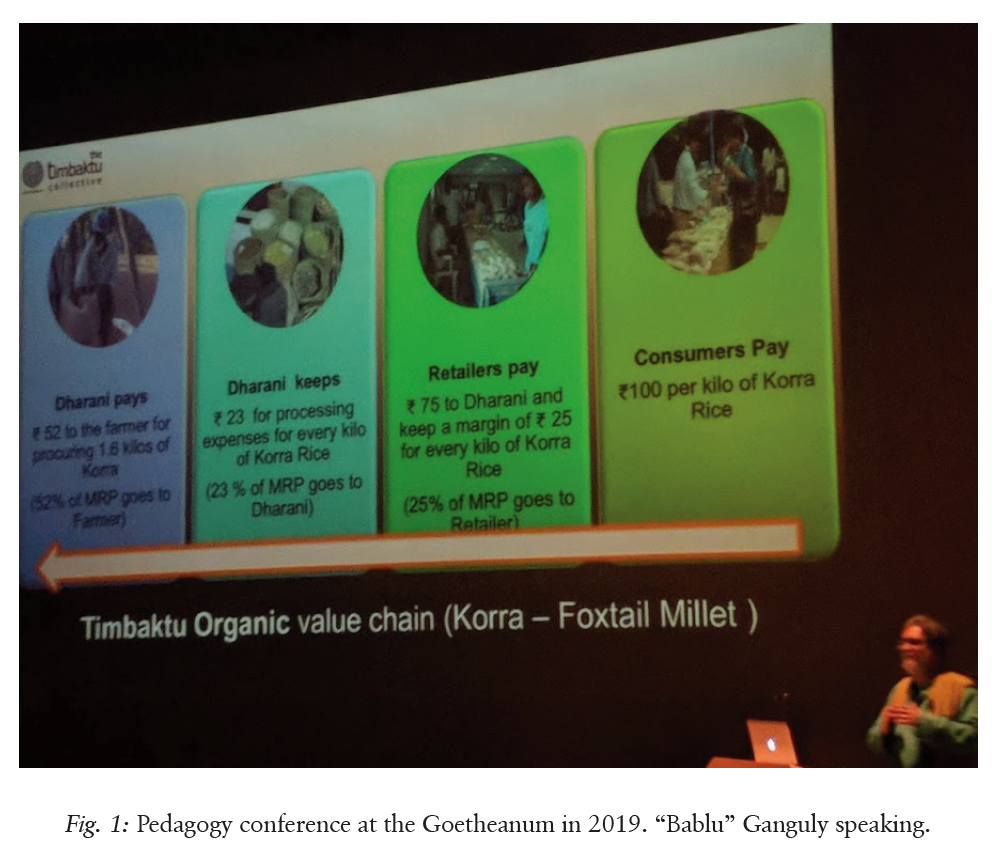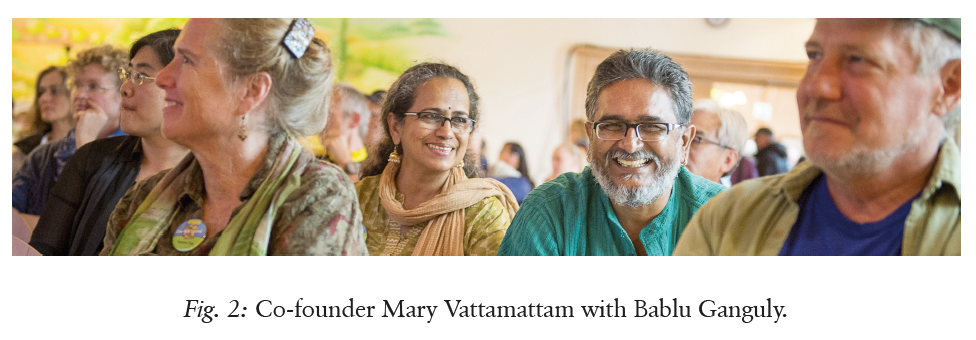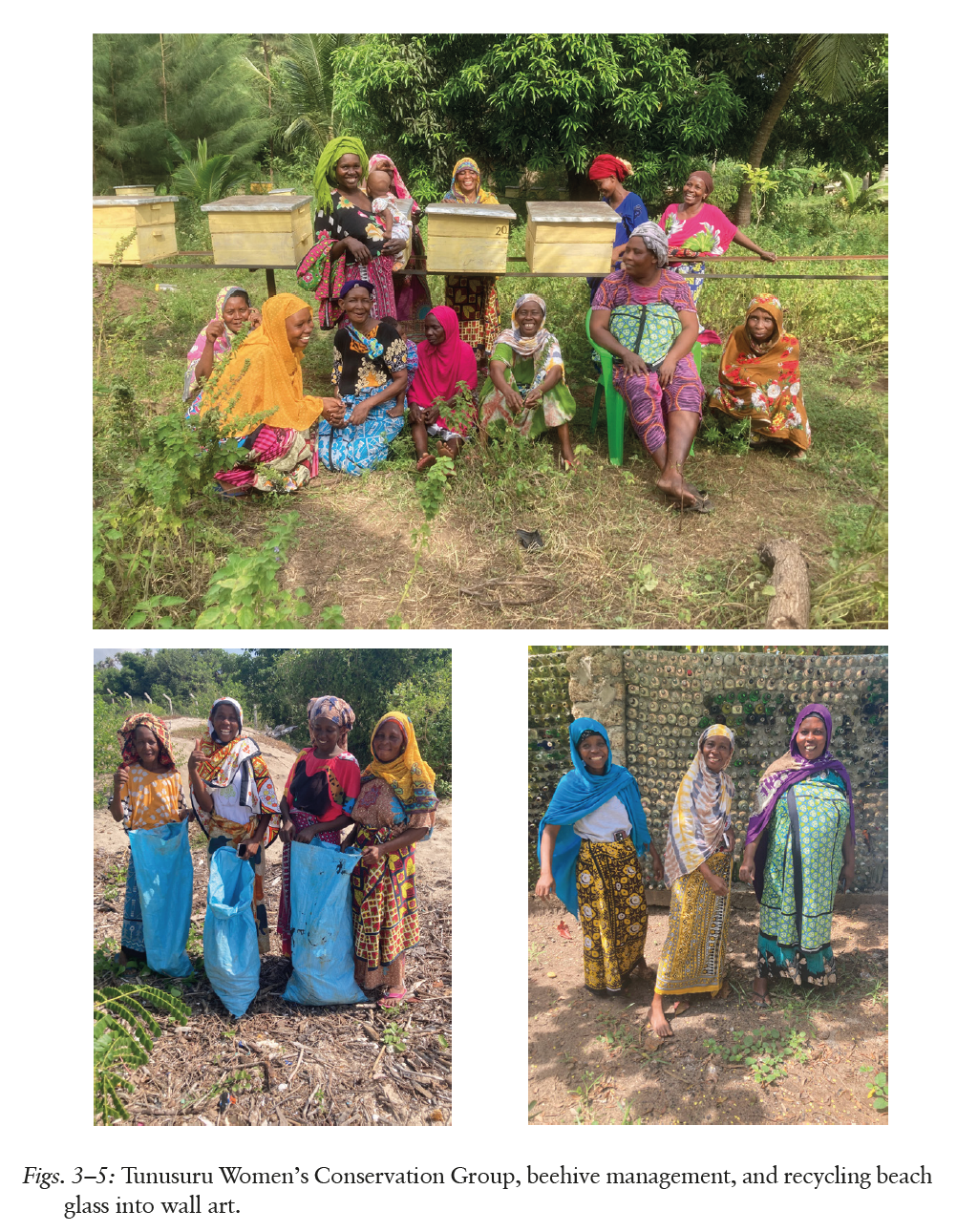“Alles ist Blatt” – Goethean-driven Social Science and Qualitative Inquiry
Artikelreferenz exportieren
- Klartext
- BibTeX
- RIS Format
- Downloadkosten : € 6.00
Zusammenfassung:
Zu den Mitteln der Diversifizierung von methodischen Ansätzen gehören unterschiedliche Forschungsfragen und verschiedene Arten, sie zu stellen. In diesem Beitrag wird dargelegt, dass eine Vielfalt qualitativer Ansätze die Forschung selbst stärkt und in der goetheanistisch geprägten Sozialwissenschaft von besonderem Nutzen ist. Anhand von Beispielen aus meiner Forschung in Andhra Pradesh, Indien, und Kwale County, Kenia, stelle ich hypothesen- und messungsorientierte, nach Mustern suchende «wissenschaftliche» Modelle zugunsten einer phänomenologischen, partizipativen Untersuchung in Frage. Dabei diskutiere ich goetheanistische Wissenschaft und partizipative Forschungsansätze, um Gemeinsamkeiten in wahrnehmungsorientierten und empathischen qualitativen Forschungsmethoden zu finden.


